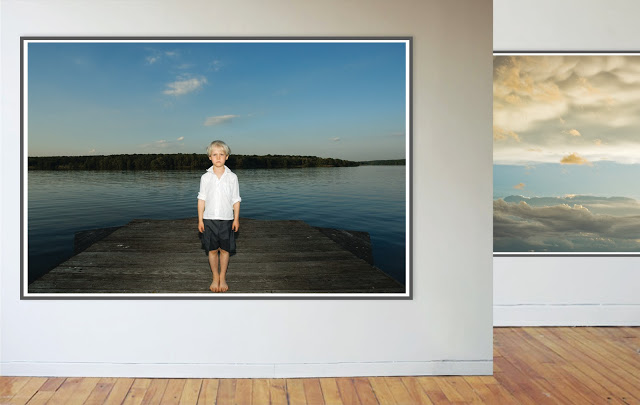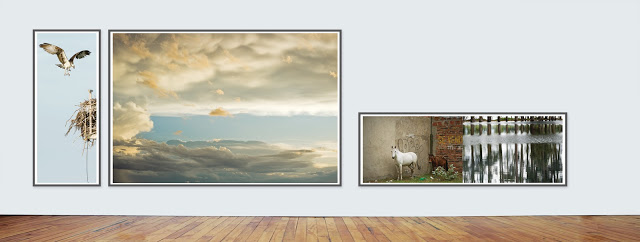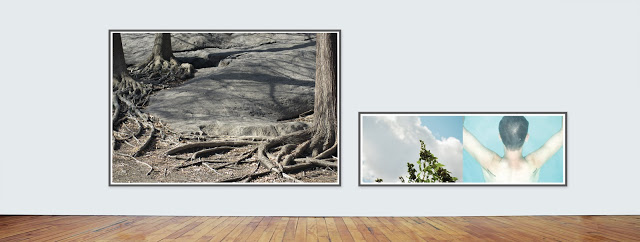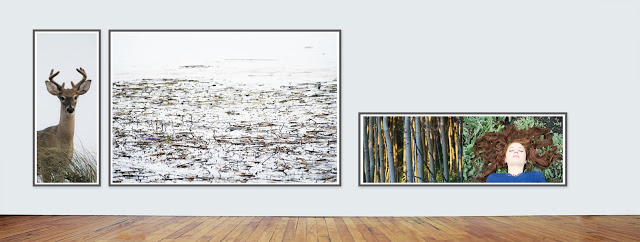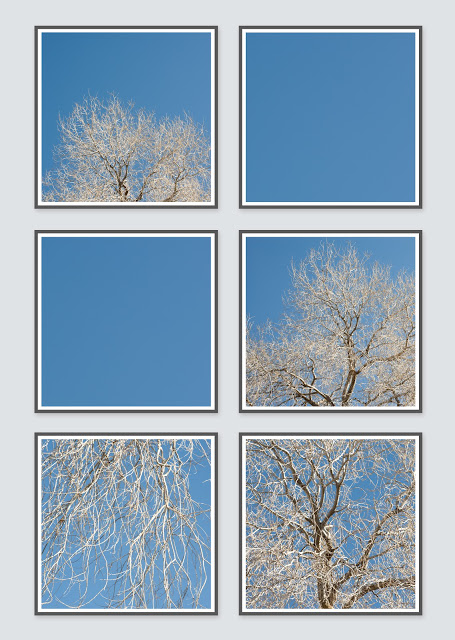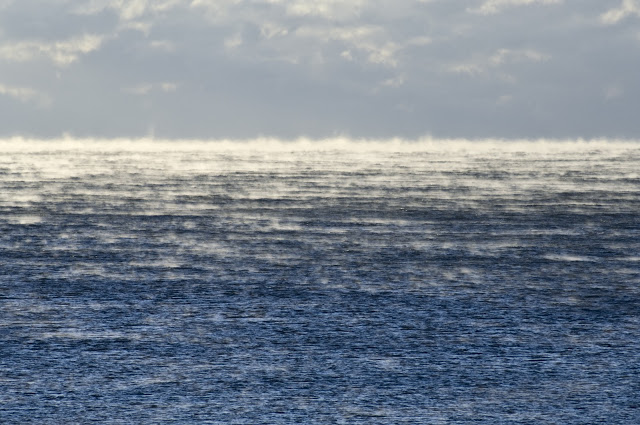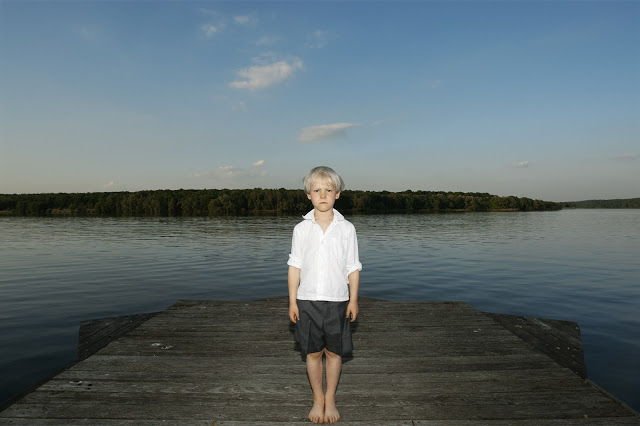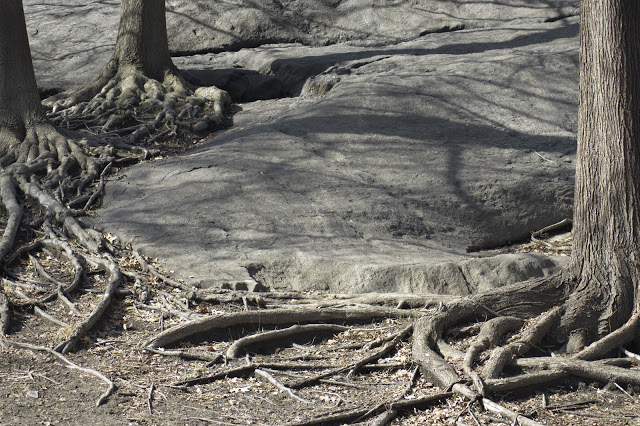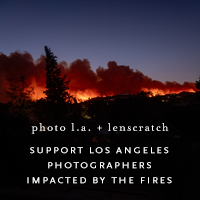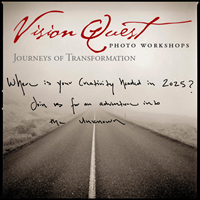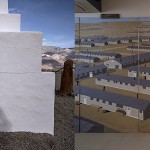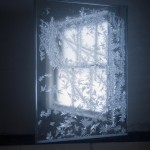Renate Aller
When I first experienced Renate Aller’s Oceanscapes several years ago, her stunning large-scale photographs seemed to shimmer with waves of light and reflection, and the printing was impeccable. I am not the only one to admire these water scapes, the New Mexico Museum of Art has one on exhibition, and the Lannan Foundation is devoting an entire room to this work. In addition, Paul Roth of the Corcoran Gallery of Art in Washington DC has added 3 large oceanscapes into their collection and will be showing them from June to October in the show “The Deep Element”.
Renate has a new body of work, dicotyledon, that is an extension and a parallel development to Oceanscapes that investigates the relationship between Romanticism, memory and landscape “in the context of our current socio-political awareness”. The work is currently on display at the Adamson Gallery in Washington DC, through May 31st.

With dicotyledon, Renate looks at nature as a stage set, and presents work rooted in sentimentality and recollection, giving us flashes of beauty and the natural world.
The way we are looking at nature from a distance is similar to the way painters of the romantic period presented their work to the viewer. Our human desire is to tame and dominate nature. Our ambivalent relationship with nature is reflected in the way we are looking at it, using the landscape image as a mirror of ourselves filled with illusions, desire and nostalgia or as a fulfillment of our idealized self. Our relationship to nature is one of intervention and domination. We expect nature to present itself as a stage set for our entertainment.
Playing with the effect an image has on us by putting two visual representations together, a grid of multiple images, the viewer is asked to make the connection of multiple experiences as we would in the linguistic world where the placement of multiple words create the meaning depending on their placement and relationship to each other. There is no linear narrative. Reality cannot be found outside representation and therefore representation cannot be tested against the real. The search for truth is irrelevant and eliminates objectivity.
Posts on Lenscratch may not be reproduced without the permission of the Lenscratch staff and the photographer.
Recommended
-
James Nakagawa: American TruthsJanuary 22nd, 2025
-
Donna Bassin: Environmental MelancholiaJanuary 14th, 2025
-
Carolina Krieger: The intertwining of the abyssDecember 28th, 2024
-
Sylvia Sanchez: Out of the OrdinaryDecember 27th, 2024
-
Interview with Dylan Hausthor: What the Rain Might BringDecember 23rd, 2024

